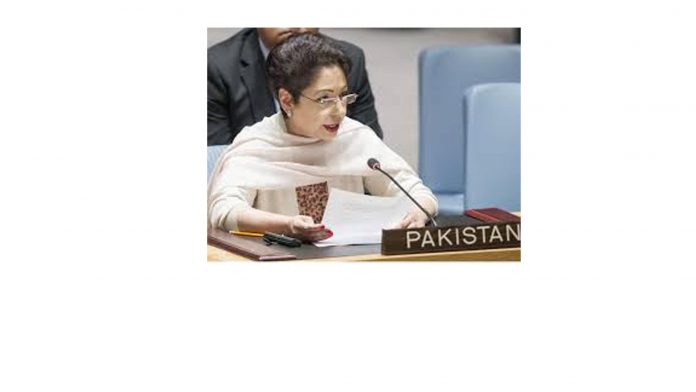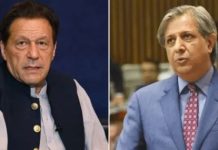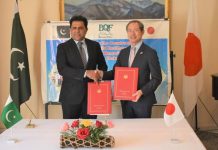ISLAMABAD, SEP 08 (DNA) – Former Pakistan’s Ambassador to the United Nations, Maleeha Lodhi has said that Pakistan’s ties with China are strategic, historic and pivotal to the country’s foreign policy.
This was stated in a webinar organized by Muslim Youth University (MYU), International Relations department titled “Multidimensional challenges to the Foreign Policy Pakistan: A way forward.”
The former envoy said that Pakistan faces daunting foreign policy challenges in a turbulent global and regional environment. Rising tensions between the US and China have a direct bearing on Pakistan. Lodhi further added that CPEC is emblematic of China’s aim to strengthen Pakistan, economically and strategically and must be our overriding priority.
On Afghanistan, She said that Pakistan should extend whatever assistance it can to the much-delayed peace process. Islamabad should also need to think long term policy and prepare for different scenarios that might emerge in Afghanistan.
While discussing UAE-Israel peace agreement, she said that deal betrayal the Palestinian cause. Pakistan always stands for two-state nations. She also said that the military used of new technology creates new challenges.
On Kashmir issue, Lodhi added that Pakistan needs consistency on Kashmir. We need to keep highlighting the Kashmir issue. Pakistan can use the United Nation Security Council platform in which Pakistan need 16 states vote to called the session. Pakistan should move forward in economical ties such as Africa should be the new trade roots for Pakistan.
Dr Syed Rifaat Hussain, while providing an overview of changing international strategic environment and imperatives of Pakistan foreign policy stated that the foreign policy should be a priority for the government and also try to manage better relations with a neighbouring state.
Earlier, in his welcome remarks, vice-chancellor Muslim Youth University Dr Syed Tahir Hijazi welcomed the distinguished speaker, laying out the agenda for the discussion.
While presenting the Vote of thanks and concluding remarks Dr Muhammad Munir, Head of Department International Relations thanks the guest speakers for sharing their opinion.
It was attended by more than 100 participants from civil society, media professionals, academia, international organisations and students. =DNA
==============================

















